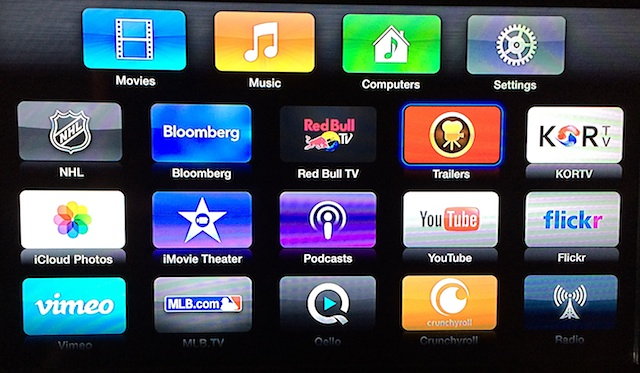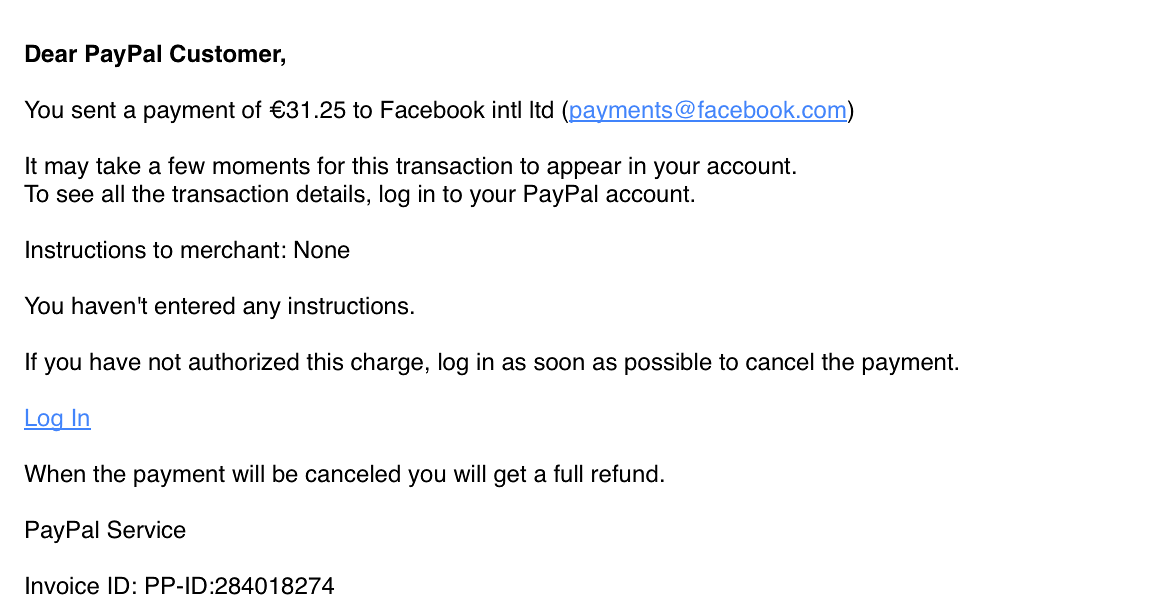Cassandra: Midweek Comment - Financial Fallout, Reactions to Apple Products, Security, and Tech Advice for a Former Student (Updated)

AMITIAE - Wednesday 29 January 2014
|
Cassandra: Midweek Comment - Financial Fallout, Reactions to Apple Products, Security, and Tech Advice for a Former Student (Updated) |
 |
|
|
By Graham K. Rogers
I really forget how many times I have written this or similar themes: Wall Street sees a few weeks or months into the future as far as Apple is concerned, but Apple looks at a long-term future. Mind you, I still wonder why Wall Street gives Amazon a pass each time it produces a loss: they would have to have been looking really way, way into the future to see the silver lining there. But not with Apple, despite having been given the ocular proof over and over again. Don't take my word for it: by definition, a column named Cassandra deserves not to be believed. There are always a number of writers - just like me - who will always root for the home team. Some however are clearly independent and respected, such as Horace Dedieu of ASYMCO who backs up comments with some sound figures. A recent issue of The Felder Report refers to "Mr Market" and I found this via a Tweet from John Gruber. He comments on the "disappointing" iPhone sales of 51 million units which were slightly lower than analysts estimates. The analysts produce these figures using guesswork and shifting of components that suggest a probable number of units. Apple knows. For a useful explanation of this, Mark Rogowsky on Forbes has a good examination of the way some analysts work, compared to the firm figures of Apple. Jesse Felder links to a Wired article, Why Nothing Apple Does Is Ever Good Enough on the same theme, and also mentions Carl Icahn, someone I do not trust near Apple. That Wired article also mentions him. While Wall Street was running round like Chicken Little, Icahn bought another $500 million shares (Zac Hall, 9to5 Mac; and others) to add to the $1 billion he bought a little while ago, which brings his share in Apple to 1%. This may appear small, but it brings with it the noise and influence of Icahn that some companies never recover from. The Wall Street Journal also looked at Icahn this week and Al Lewis made the excellent point that Carl Icahn is not stupid. More, he gets rich by studying stupid people. He is after Apple and wants the company to increase its buyback plans: to make him rich of course. Lewis quotes Ronnie Moas, a stock analyst: "I have no respect for Carl Icahn. . . He needs to start using his power in a different way." [Update] Not long after putting this online, I was directed to a Market Watch item by Rex Crum that cited Carl Icahn in reference to his $500 million purchase of Apple shares:
Icahn also took a swipe at those who sold off the company's stock, saying on CNBC that they "completely misinterpreted" Apple's results and opportunities for growth. I can only agree.
Many who claim to be experts missed the A7 chip, for example. With both of those iPhones, the initial reaction was that Apple was dead in the water; but then the real analysis (iFixit, AnandTech and others) took place and there was a collective, "Oh yeah". In the meanwhile, the customers ignored the analysts and the experts and bought the iPhones. Edwards had looked back at the original Mac, because this week is its 30th Anniversary, and highlights a review in the New York Times. That review missed the point, perhaps because the GUI was too new. After all, we were all happily pecking away at command line DOS back then. I was. The comments from Edwards also look at introductions of the original iMac, the iPod, the iPhone and the iPad (although by then David Pogue was one of those who did get it in the main). The item ends with a revealing comment and one that Wall Street might also think about: "Luckily, most consumers didn't listen to these reviews and bought Apple products anyway, because Apple was speaking to them, not the reviewers."
There is an interesting article that looks at the idea of this device interchange, by Ben Thompson on Stratechery. In his investigation of the limits of the tablet device and of the PC, he has some nice looking, hand-drawn diagrams that are perfect for the task. He concludes,
Ultimately, it is the iPad that is in fact general purpose. It does lots of things in an approachable way, albeit not as well as something that is built specifically for the task at hand. The Mac or PC, on the other hand, is a specialized device, best compared to the grand piano in the living room: unrivaled in the hands of a master, and increasingly ignored by everyone else. I am not sure I quite agree, but the ideas may be right for some users.
Just after the Apple financial report, when some answers from Tim Cook were analysed for any gems, there was a rumour that the Apple TV was to be updated. Christian Zibreg writing on iDownload brings together some recent noises. It appears that the faster 802.11ac wifi standard could be added, which pleases me as I already have the Apple Airport Extreme router with this capability. Added to this, it seems there may be gaming functionality, a TV tuner and that 802.11ac could also be a router. In quick succession I saw that the Apple Online Store for Thailand also now has a specific AppleTV section, then a local user, whom I know accesses the US Apple TV, mentioned that he now had Red Bull TV. I turned my TV and the AppleTV box on and sure enough that service was now shown, along with several more channels that had just been added, including the long-awaited iCloud Photos.

It is perhaps a good time to mention the series on the Apple TV that is being put out by Josh Centers on TidBits. This is now up to Chapter 11: Do More with Apple TV. There is only a teaser amount unless you have an account with TidBits but it does give an indication of what is to come. He will put this out as a Book in February.
I later had an email from someone in the US, suggesting that, there may not only be backdoors (via apps such as Angry Birds) but a "front door" as well. I have seen nothing that directly suggests this, but users must presume that any connected device may allow others access to personal information. Some of the slides concerning the spying have been released and this week Mike Masnick on TechDirt had some of them, including mention of Angry Birds and many other ways data might be accessed. Mike Masnick also had some more information on the FBI access to Tormail and the ghastly news that it may have downloaded the entire database. That means it has the data, can find some juicy bits, then ask for a warrant. All of this is going to lose the Democrats the presidency, but the alternative will be no better when it comes to this.

What is worse about this tale is the ease with which a hacker was able to gain enough secure information from PayPal to hobble the GoDaddy account and take over the whole of Naoki's online existence until he released the @N account. It is a sobering read and I hope that with some of the responses I saw, there will be a follow up. He will be leaving GoDaddy and Paypal soon.
Trying to get information was not easy and it was not just because of the messaging app. He managed to start up into the Rescue partition (Command + R). I asked about Firewire or Thunderbolt ports, but he was not sure. he did not have access to a second Mac or an external disk with OS X installed. When I asked about the disk space, he told me that it was formatted 50-50 OS X and Windows, which is common with some engineering students, but that the disk only had 61 MB of space. I checked and he confirmed, MegaBytes not GigaBytes. I left the following instructions on what he might do next:
I heard no more. . . .
Graham K. Rogers teaches at the Faculty of Engineering, Mahidol University in Thailand where he is also Assistant Dean. He wrote in the Bangkok Post, Database supplement on IT subjects. For the last seven years of Database he wrote a column on Apple and Macs. |
|

For further information, e-mail to

|

|